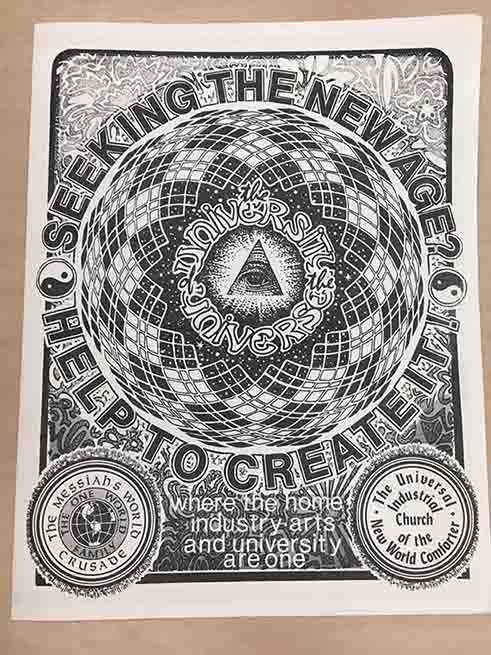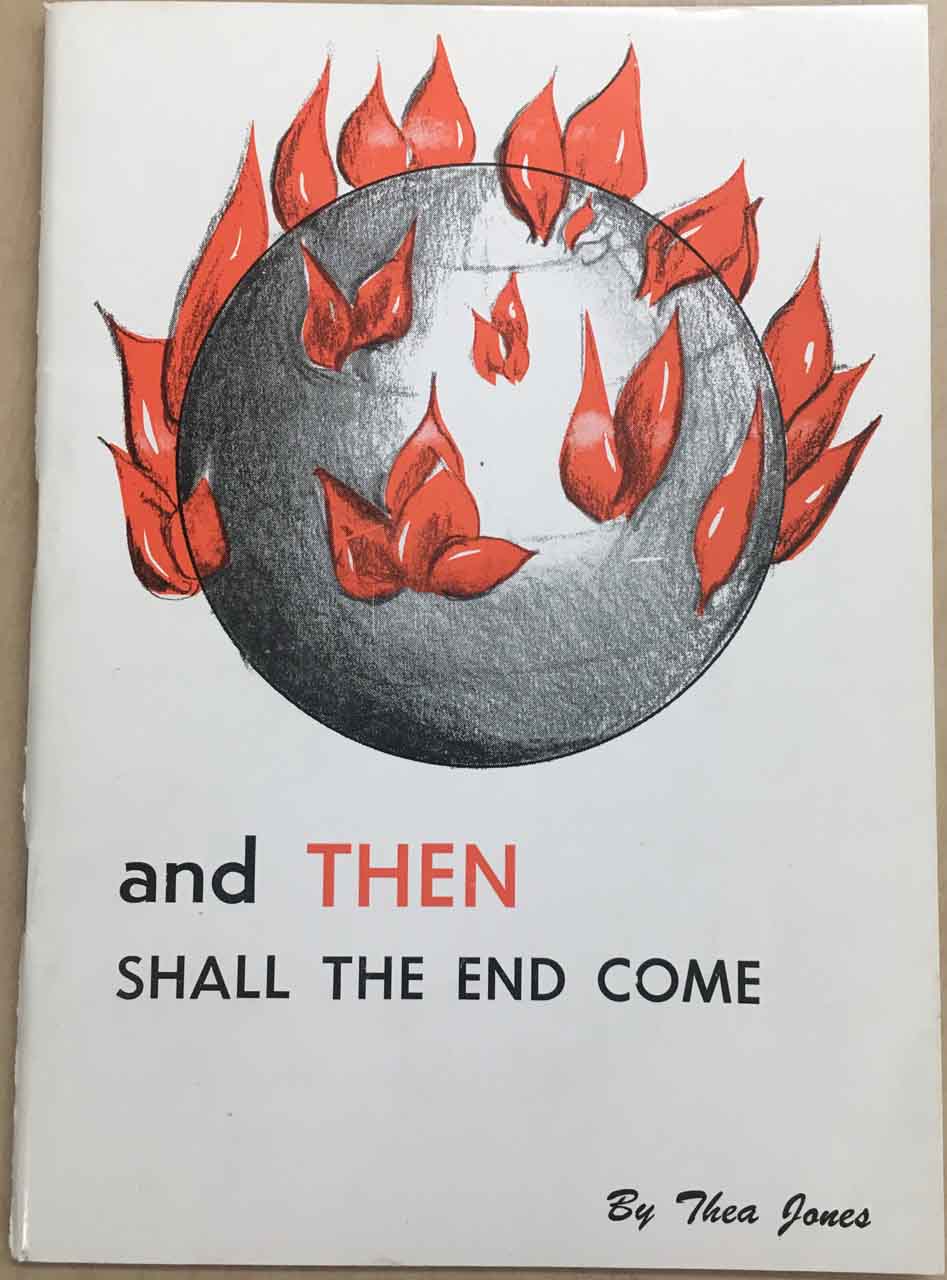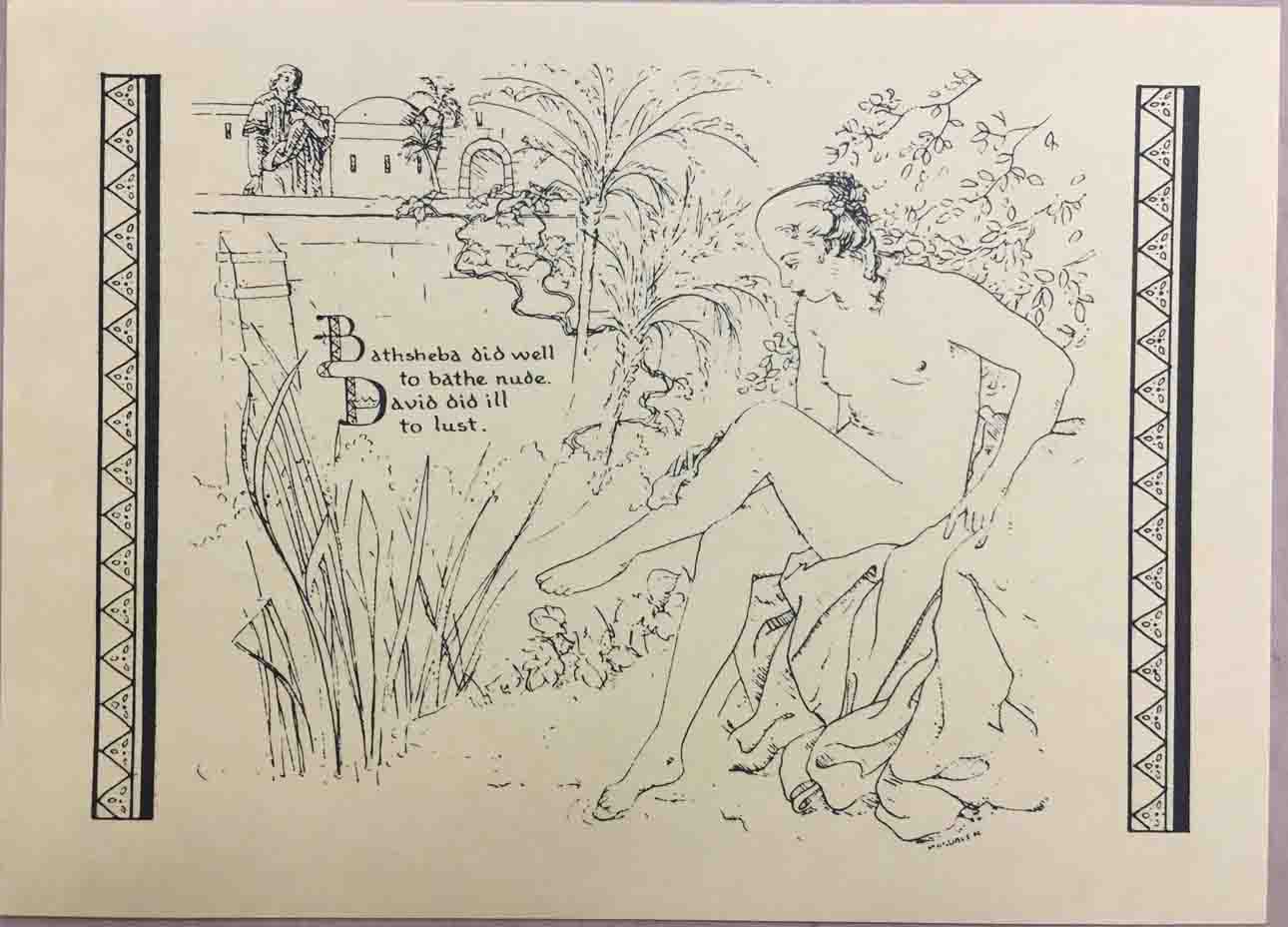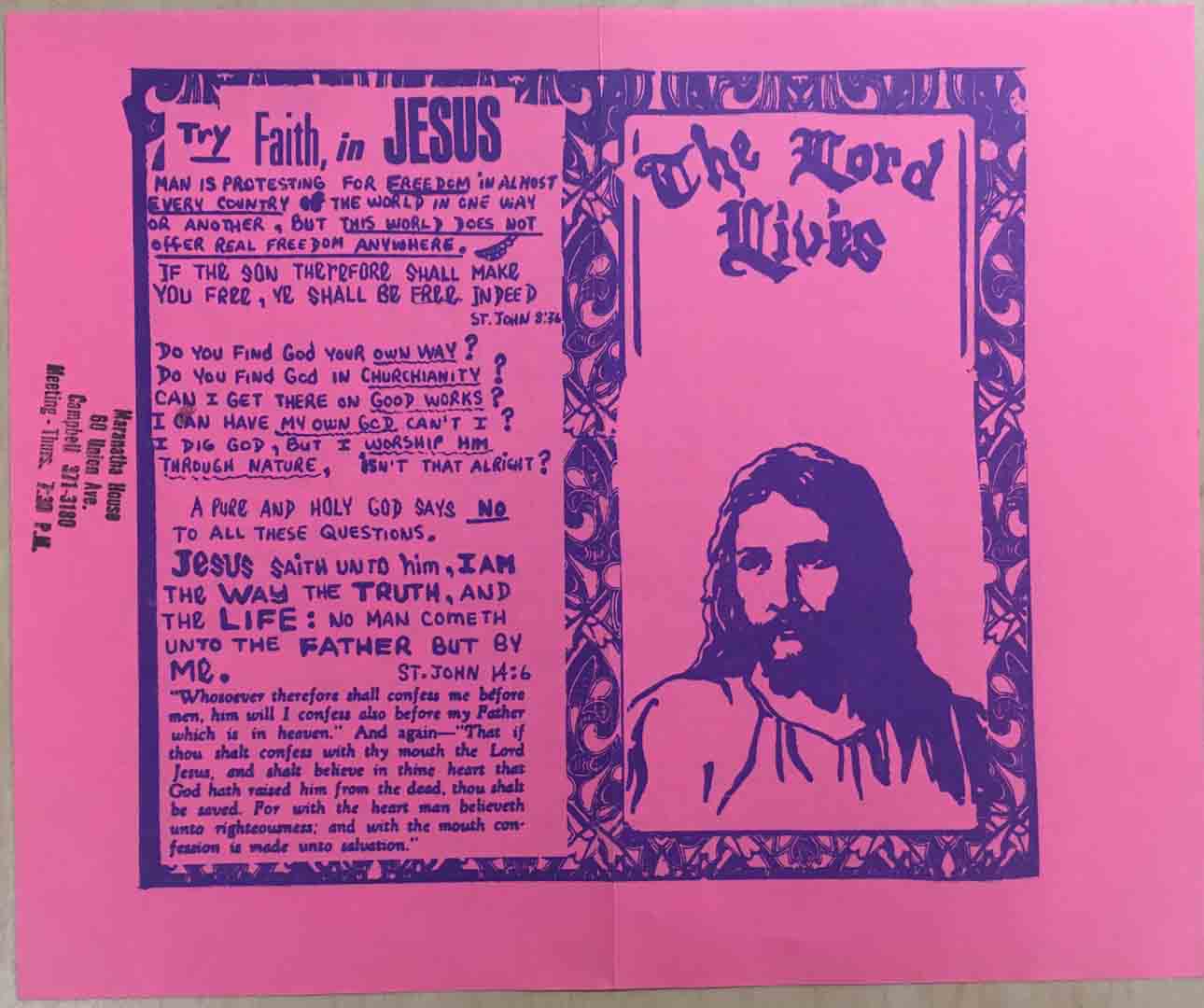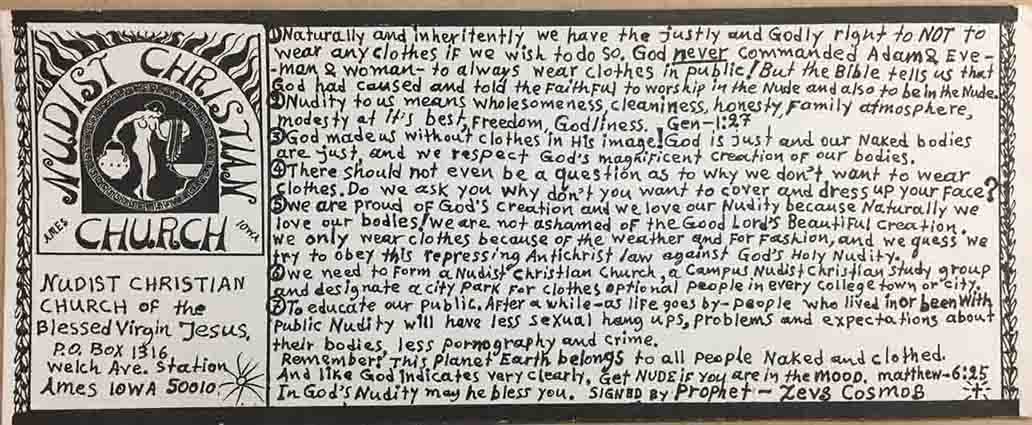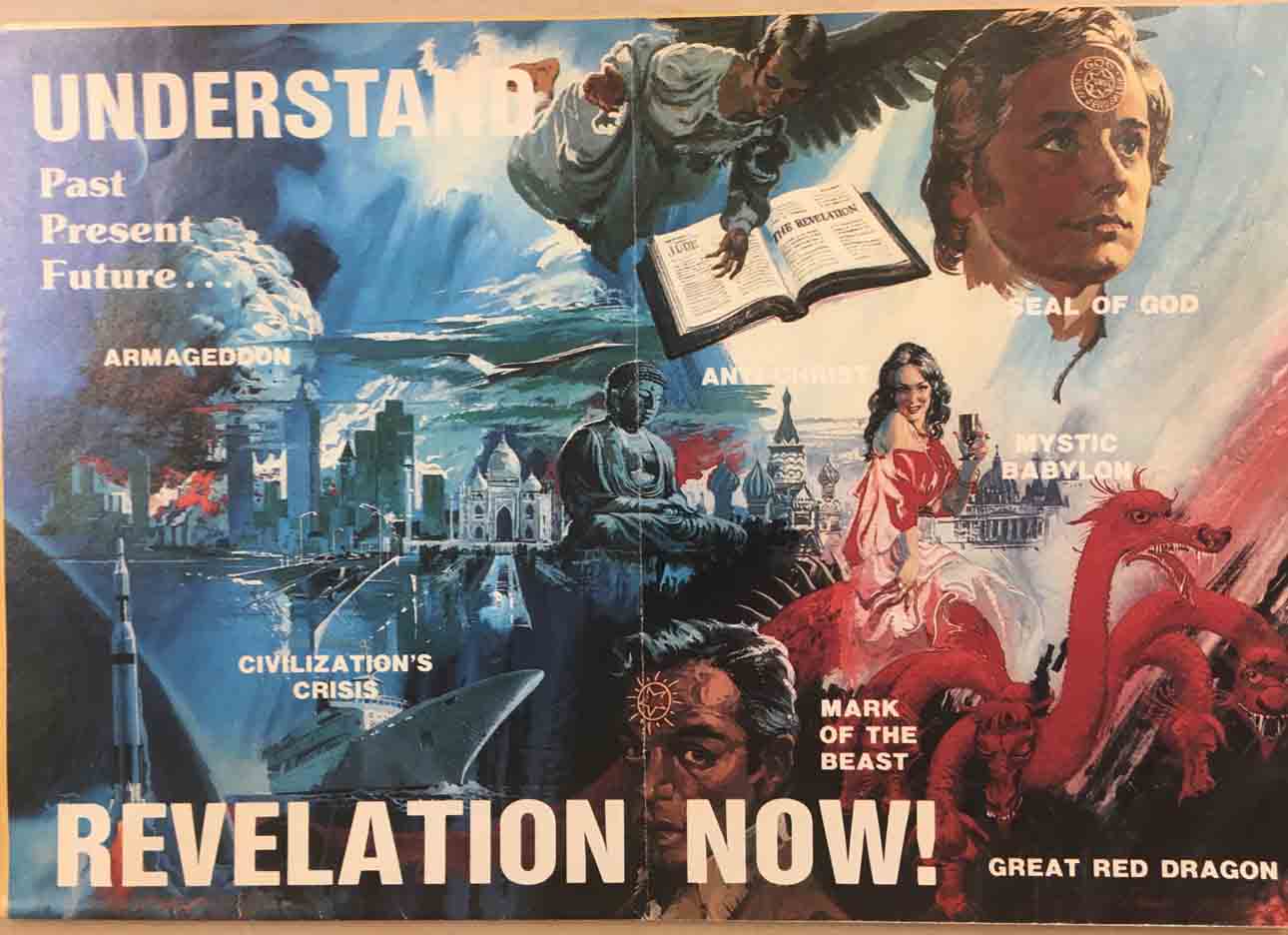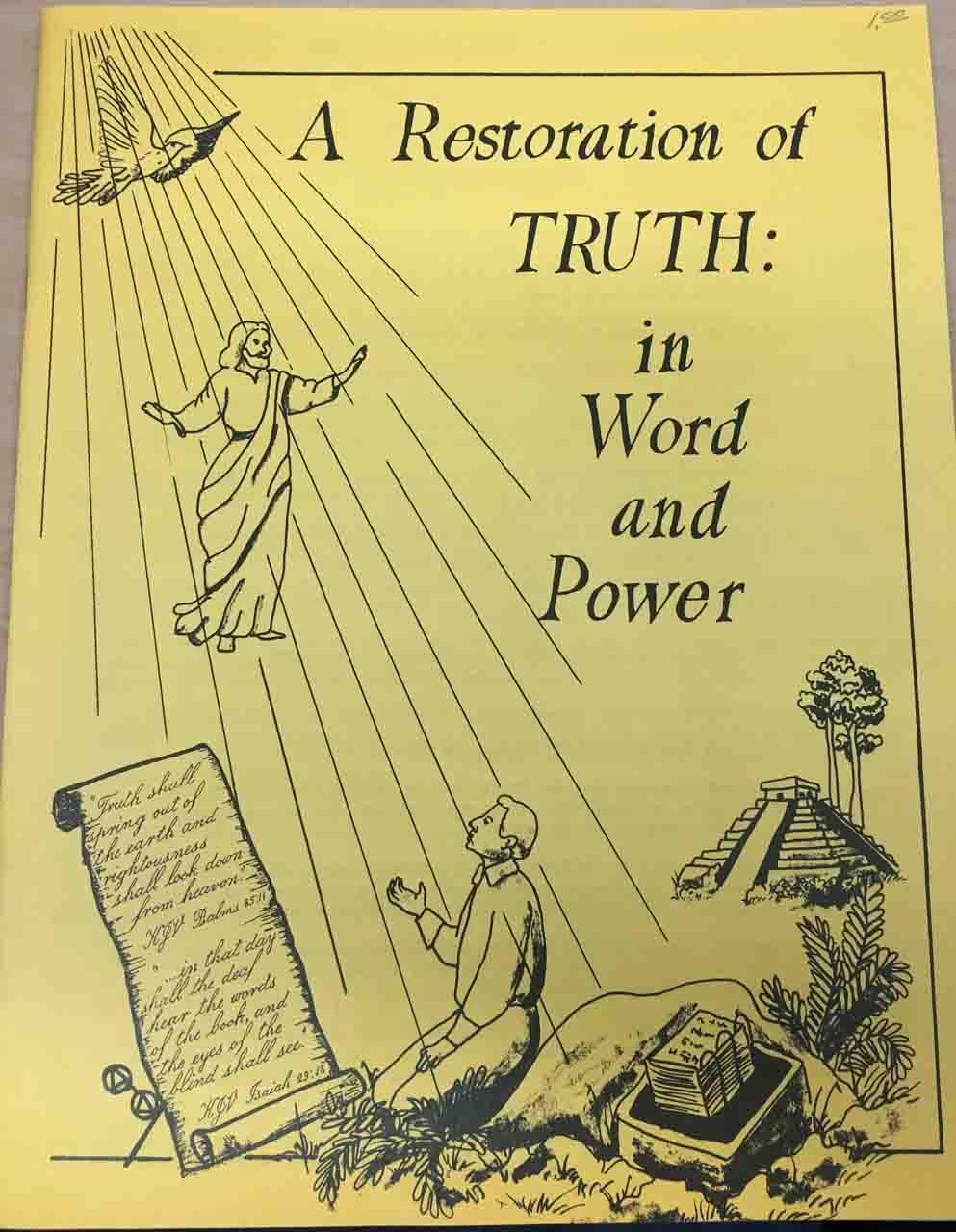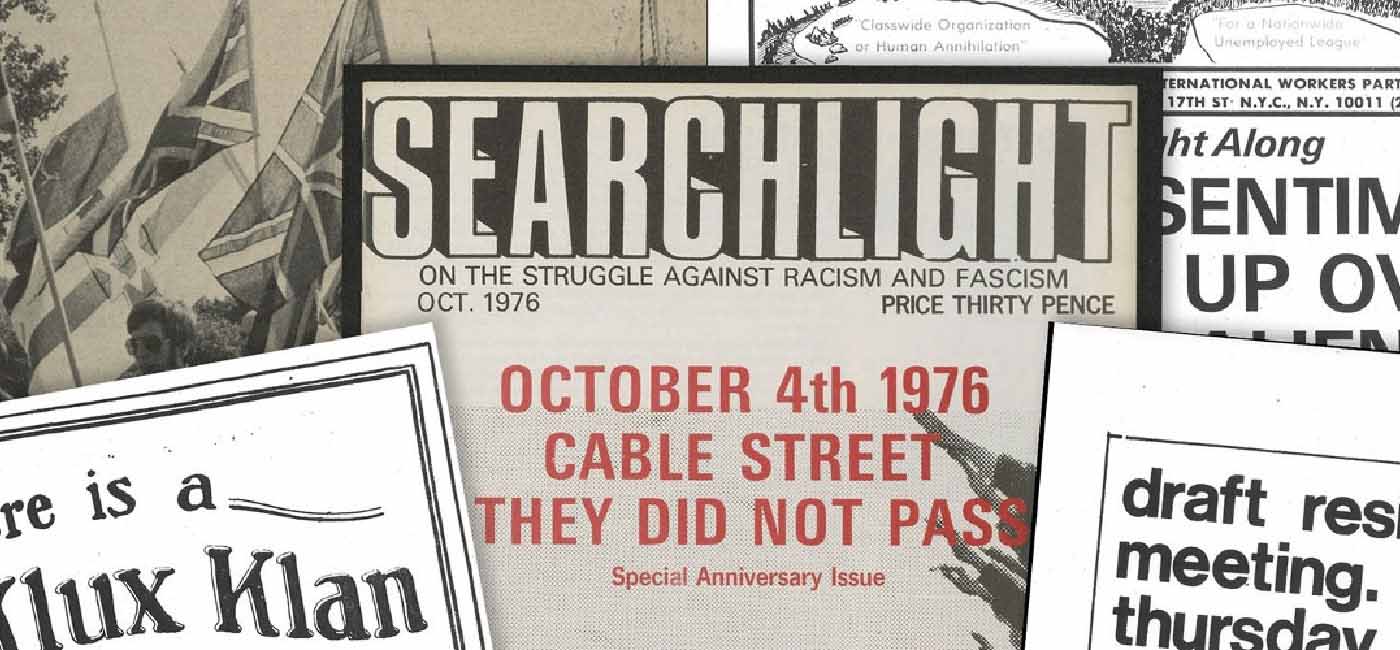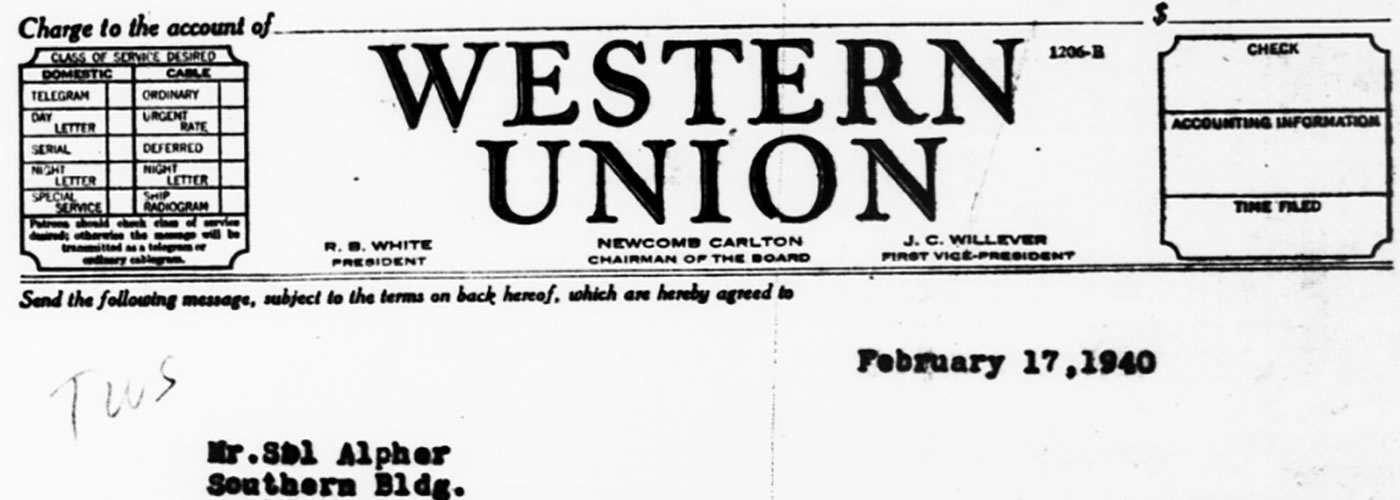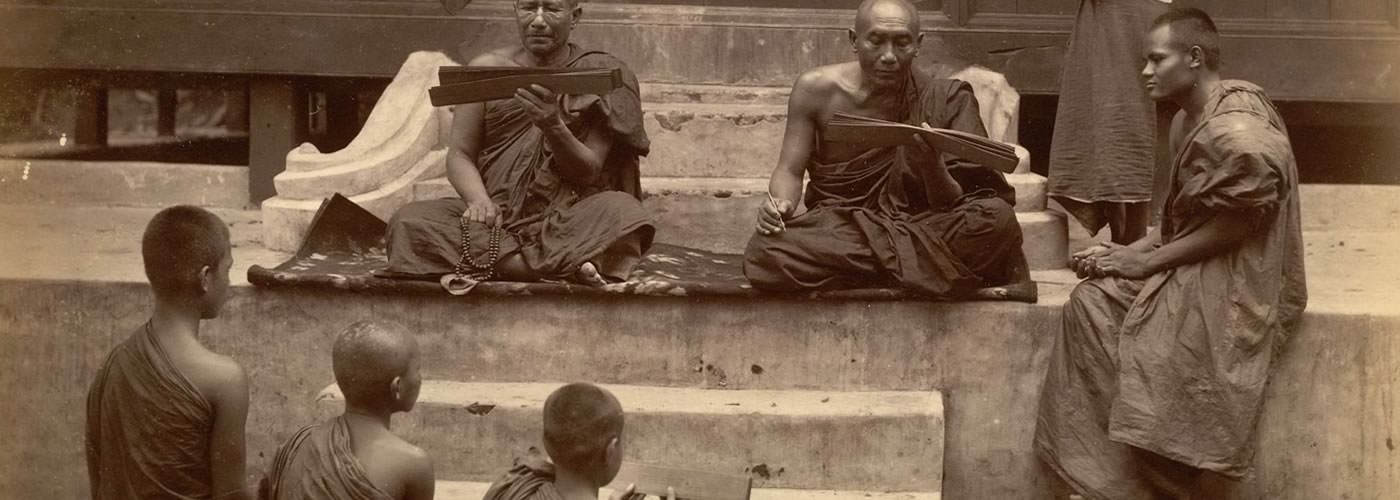From Traditional to Alternative – Religious Movements Unique to America
Founded on the ideal of freedom, North America had a unique role as a birthplace for and spread of new religious movements. This new land provided religious freedom to dissenters and the opportunity to originate or significantly reshape movements that would become cornerstones of faith for years to come. Religions of America presents scholars and researchers with more than 660,000 pages of content that follow the development of religions and religious movements born in the United States from 1820 to 1990. Derived from numerous collections, most notably the American Religions Collection at the University of California, Santa Barbara, Religions of America traces the history and unique characteristics of movements and religious groups’ expressions of faith through manuscripts, pamphlets, newsletters, ephemera, and visuals.
INTERDISCIPLINARY OPPORTUNITIES FOR STUDY
Religions of America supports scholars in the discovery of primary source content that ranges far beyond a mere presentation of theological doctrine. The depth of coverage presents opportunities to explore revealing intersections of religion with economics, political science, history, law, sociology, psychology, gender studies, and numerous other fields. Whether it’s the redefinition of race that inspired the Moorish Science Temple of America, the countercultural sentiments that underwrote the Free Peoples Temple, the conflicts to established law presented by Mormon practices, or the separatist energy that invigorated Pentecostal Christianity before its transformative engagement with American politics, Religions of America presents the impact of new religious movements for years to come.
Cross-searchable with other Gale Primary Sources products, the subcollections in Religions of America include The American Religions Collection; The FBI Files on Jonestown, Moorish Science Temple of America, and the Branch Davidians; The Hall-Hoag Collection of Dissenting and Extremist Printed Propaganda; and Utah and the Mormons. Religions of America also draws on the largest multireligious collection of its kind, assembled by J. Gordon Melton, the premier scholar of twentieth-century Canadian and American religious life.
The American Religions Collection includes materials from Hebrew Christians, Pentecostal, Baptist organizations, Grace Gospel, and other denominations. It features serials on neo-Pagan and occult religious traditions as well as important subject files on LGBTQ churches, church-state controversies, women and female spirituality, and political extremism.
The FBI Files on Jonestown, Moorish Science Temple of America, and the Branch Davidians explores the Free Peoples Temple in Jonestown; the writings, publications, and activities of Drew Ali, founder of the Moorish Science Temple of America in Newark, New Jersey; and Branch Davidian compound negotiation transcripts.
The Hall-Hoag Collection of Dissenting and Extremist Printed Propaganda from Brown University presents rare materials documenting Christian identity movements and anti-Semitic, white-supremacist interpretation of Christianity from their founding in the late 1940s until the 1990s.
Utah and the Mormons, based on materials from the Western Americana Collection at Yale University, includes periodicals, doctrinal, and controversial works largely from the nineteenth century that are pro- and anti-Mormon as well as contemporary works relating to the Latter-Day Saints.
EXPLORE ROOTS OF DISCOVERY AND DIVERSITY
Religions of America provides exceptional coverage of the expression of and reaction to various religious movements, including Pentecostalism, Baptist, Mormonism, modern Judeo-Christian organizations (Christian Science, Messianic Judaism), and non-Christian New Thought and neo-Pagan religions. It also provides robust coverage of alternative, lesser-known but culturally important religious traditions, including New Age, neo-Pagan, Wicca, neo-Christian movements (Adventism, Christian Science), and Christian identity and Fundamentalist movements. Religions of America gives a unique perspective on the impact of religious liberty throughout American history.
FROM PRIMARY TO REGIONAL & LOCAL ORGANIZATIONS
Emphasizing twentieth-century materials, Religions of America focuses on religious movements and their main organizing bodies as well as offshoots among regional sects or local churches, such as:
|
|
|
|
|
|
|
|
|
|
|
|
|
|
|
|
|
|
|
|
|
FEATURED AWARD
2020 CHOICE OUTSTANDING ACADEMIC TITLE
Gale is honored to receive this prestigious award for Religions of America. Reviewer: J. Stoehr, CHOICE
- CHOICE, 2020
Look Inside
Additional Details
subjects covered
- European Studies
- Judaic & Holocaust Studies
- History
- Humanities & Social Sciences
- Law & Legal Studies
- Political Science
- Politics
- Religion & Philosophy
- Regional History
- Twentieth Century Studies
- U.S. History
- World History
- Current Events
- Social History
Platform Features & Tools
Buscador de temas
Esta herramienta agrupa los temas más comunes y revela conexiones ocultas entre los términos de búsqueda, lo que ayuda a dar forma a la investigación integrando contenidos diversos con información relevante.
Búsquedas simultáneas
Busca al mismo tiempo dentro de los productos complementarios de fuentes primarias, incluidos los ebooks, a través de un entorno de búsqueda unificado que posibilita nuevas e innovadoras conexiones de investigación.
Digital Scholar Lab
This collection is available in Gale's Digital Scholar Lab, a cloud-based research platform which brings historical content together with popular text-analysis tools to remove key barriers to entry into the digital humanities.
Reviews & Testimonials
“Religions of America makes available, in one place, many valuable primary sources one could not otherwise access without visiting several archives in person. Multiple advanced search options make it possible to zero in on relevant documents and publications, a task that would be difficult in browsing the original documents within archives…No other major commercial vendor offers a primary source collection on this exact topic.”


